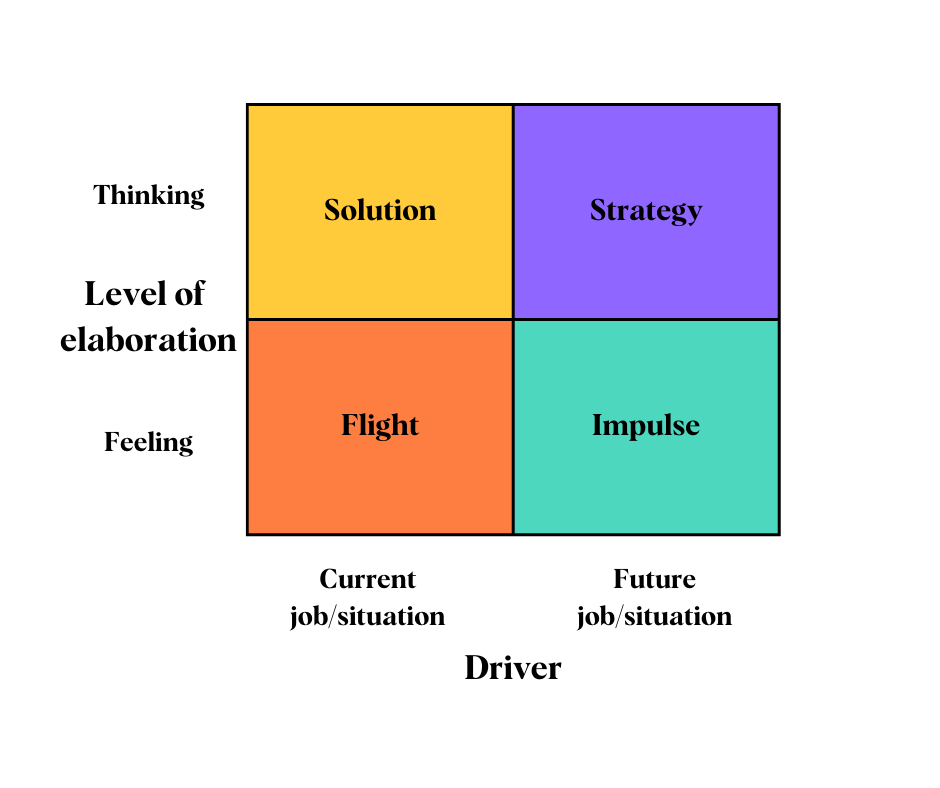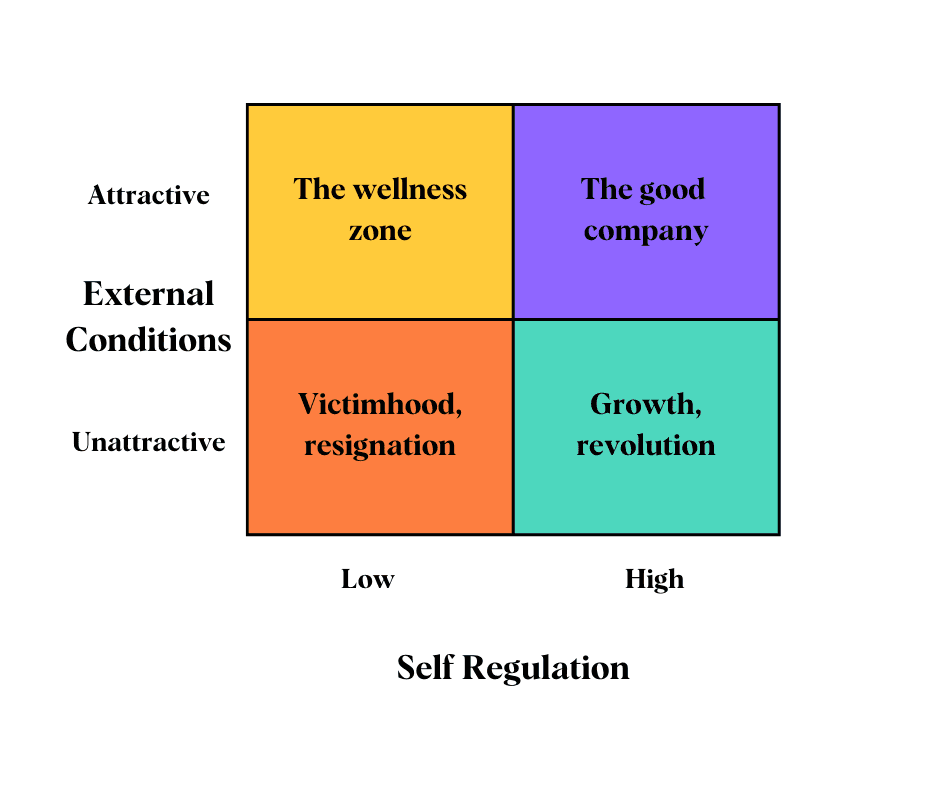
The loss of an employee often costs the company as much as two annual salaries of the person who left. This is a large amount, especially when it comes to employees in higher positions. This amount includes the costs of publishing a job advertisement, the selection process, and the onboarding of a new person.
In addition to these "tangible" costs, the invisible and often the most expensive cost - time - was included in the calculation. Time is something that no one can give us back or compensate for. Due to the high costs of this entire process, it is not surprising that many global HR experts have started to call the retention of existing employees 'new age recruitment'.
This is exactly the subject of Dr. Armin Trost lecture at this year's HR Days conference. Under the title "The Art of Retention - How Managers Can Mindfully Build Strong Ties with Their Employees" Trost tried to bring us closer to all the problems of retaining existing employees as well as the reasons for their departure.
"What many companies cannot understand is the fact that the best and the worst leave the job to the same extent, just for different reasons. Bad employees want to find a place where they will be better, and the best ones have a large network of contacts, so for this reason they are always looking for a better place for themselves.", explained Trost.
In the world of HR, there are a number of 'myths' that explain the departure of employees. According to Trost, these myths, while true, aren't always the only reasons people leave their employers.
Myth no. 1: Impulsive departure and rational departure
One of such 'myths' is that of rational and emotional departure. More precisely, people sometimes leave their jobs for rational reasons - a new change has happened in their life and no matter how much they love the job, staying at the same workplace is no longer possible (Solution) or they have concluded that the moment of change has come (Strategy). .

On the other hand, some employees leave their jobs based on impulse – they are frustrated at work, dissatisfied with their work and life, unhappy (Flight) or simply, without a valid reason, want to go somewhere else (Impulse).
Myth No. 2: People don't want to leave their 'paradise'
What is happiness? Do we define happiness as a state in which everything is perfect, or is happiness a feeling that comes from the satisfaction of a successfully completed job and task?
You will agree that we cannot do without happiness and that its lack can force us to change. Happiness, or the lack of it, is another motivator for employees to leave.

Graphically presented, employees in their company can have four forms of happiness or unhappiness:
- They feel comfortable in their workplace and do not want changes
- They feel helpless and useless
- They feel great because they know that their efforts and work are appreciated and that they are the initiators of change
- They feel bad, but they know that they are the real and only initiators of changes
"The happiest employees are those who are in the right groups. They are aware of the fact that they themselves are creating a better world for themselves and that makes them happy," he explains.
Myth no. 3: People come because of the company, and leave because of their bosses
When choosing a job, the most important factors are: salary, interpersonal relations, working hours, and the possibility of learning and advancement, according to research by the portal MojPosao.These same factors , along with bad management and stressful work will force us to leave our workplace.
According to Trost, the human factor plays a big role in employee retention and departure. On the other hand, he points out that managers and leaders must be aware of the fact that "they are not in the center of attention" and that various factors can be hidden in the reason for the departure of employees.
Myth no. 4: Offboarding interview
The eternal question when an employee leaves: "Why are you leaving our company?". No matter how appropriate this question seems to us, HR and managers will never get a real and valid answer to it. As Trost explains, the reasons for the possible departure or dissatisfaction of employees should be investigated all the time, and not at the very end.
"Talk to your employees, listen to them so that together you can prevent departure", he emphasizes.
"Leaving the workplace is a complex thing. There is not just one factor behind such a decision, but it is a set of different variables and we must look at it as such in order to correct possible mistakes and create an environment in which people will stay", concluded Trost.





